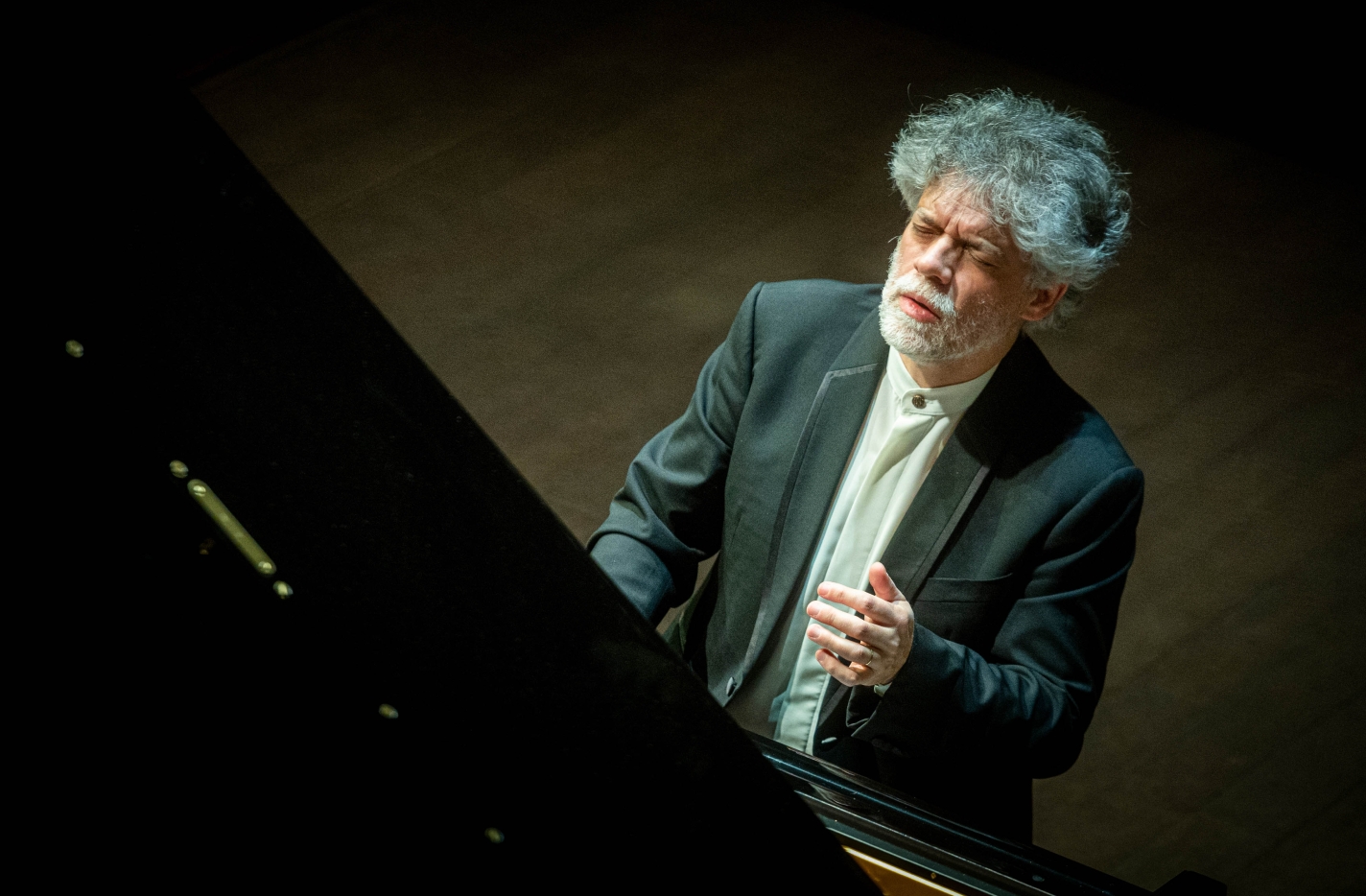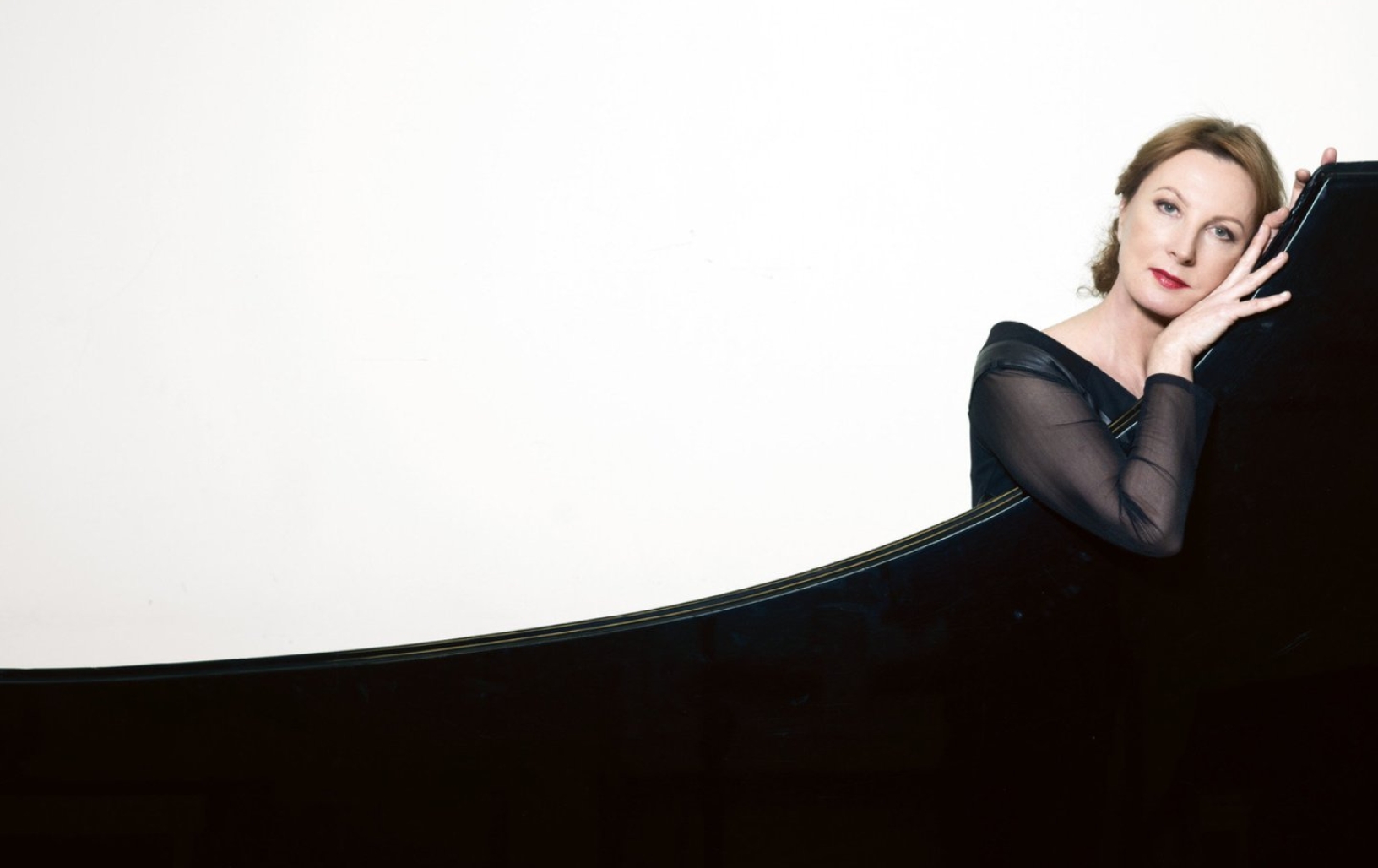François-Frédéric Guy and LCO Perform the Classics
Performers
LITHUANIAN CHAMBER ORCHESTRA
(artistic director and conductor Sergej Krylov)
Soloist and conductor FRANÇOIS-FRÉDÉRIC GUY (piano, France)
Programme
WOLFGANG AMADEUS MOZART – Concerto for piano and orchestra No. 9 in E flat major, KV 271 (Jenamy)
LUDWIG VAN BEETHOVEN – Concerto for piano and orchestra No. 3 in C minor, Op. 37
About
François-Frédéric Guy, one of today’s most renowned French pianists, returns to the Vilnius Piano Festival tonight as both a pianist and conductor. He is known around the world as one of the foremost interpreters of the German romantic piano repertoire, especially of the works of Beethoven, and has recorded all of the Viennese classic’s piano sonatas and concertos, as well as the cello and violin sonatas with the cellist Xavier Phillips and the violinist Tedi Papavrami. “Beethoven is the alpha and omega of my life as a musician”, says Guy. The pianist has performed with orchestras of Vienna, Hamburg, Paris, Seoul, London, San Francisco, Montreal, Tokyo and others in major concert halls around the world. After Guy’s recital at the Lithuanian National Philharmonic Concert Hall in 2021 the reviewer Aldona Eleonora Radvilaitė wrote in 7 meno dienos: “I have never heard such an astonishingly colourful performance of Debussy’s music, sparkling with a variety of timbres, nuances and rhythms, with a virtuoso grasp of both the quietest and the most brilliantly iridescent sounds. It seemed that Guy was one of the wonders of the world.”
Tonight, pianist and conductor Guy and the Lithuanian Chamber Orchestra perform two piano concertos by Viennese classics, Beethoven and Mozart. Mozart wrote his Ninth piano concerto in E flat major, KV 271 (Jenamy) in Salzburg in 1777, at the age of 21. He was inspired to compose it by his acquaintance with Victoire Jenamy, a talented French pianist and a friend’s daughter, to whom this opus is dedicated. The work is a culmination of the composer’s early period and startles by its unexpected power of contrasts, its maturity, the balance of the soloist and orchestral parts, and its great emotional tension. Alfred Einstein called this work Mozart’s Eroica.
For Beethoven, the genre of the piano concerto was a realm for intellectual and ethical-philosophical insights and explorations; he expanded the possibilities of the solo instrument, applied new techniques and pursued the symphonic scale. Works in this genre have become longer, the virtuosic element serving the purposes of artistic expression. Beethoven wrote his Third concerto in his favourite key of C minor, which he associated with heroism and drama (Sonata Pathétique, Symphony No. 5). The opus was completed in 1800 and premiered a few years later, in Vienna in 1803, with the composer himself playing the piano part. Some scholars believe that the prototype for this dramatic concerto was Mozart’s Piano concerto No. 24 in C major, KV 491.



